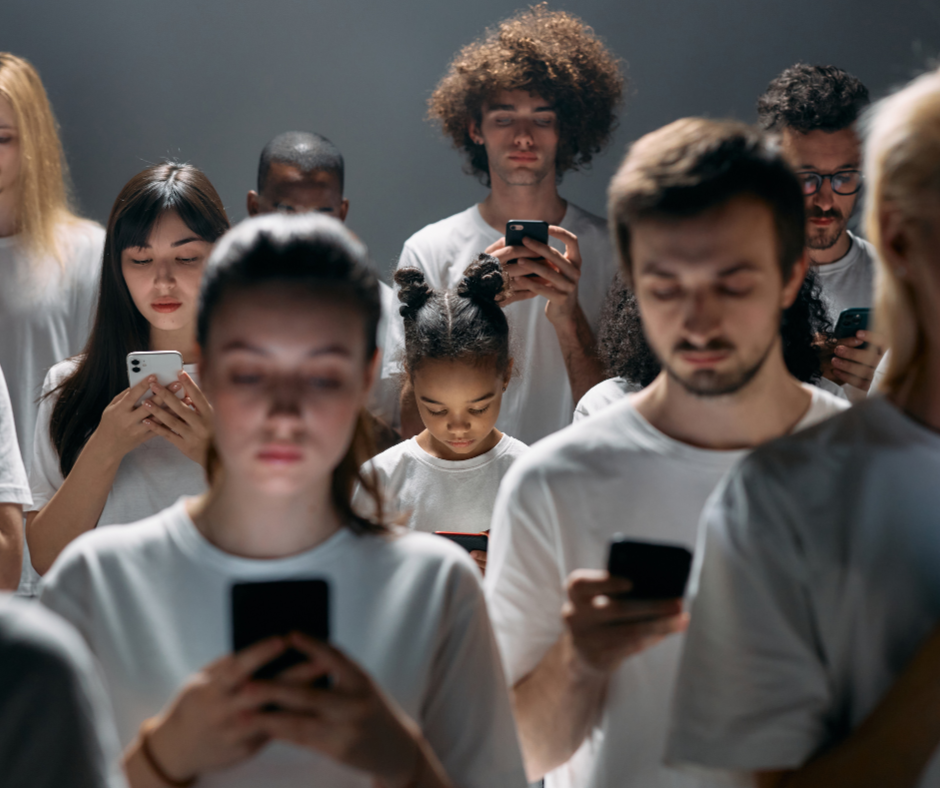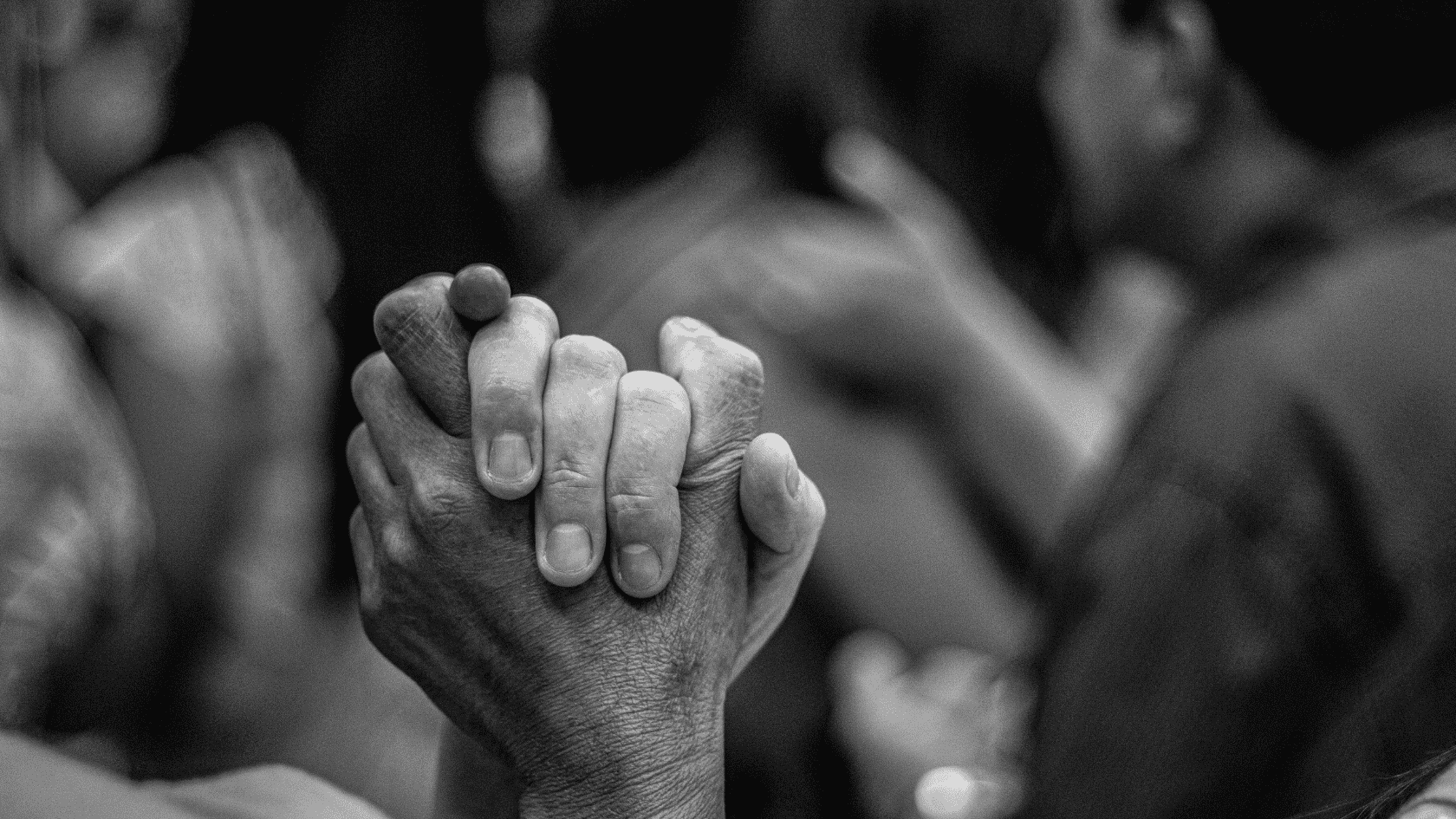
The Loneliness Pandemic: Understanding Isolation in the Digital Age
Is it just me, or are we seeing a growing tide of evidence showing how loneliness is affecting people across all age groups and continents? Despite living in an age dominated by social media and digital "connections," people have never been lonelier or more isolated.
Take a moment to share your experiences with loneliness by completing this short survey.
Paradoxically, while platforms like Facebook, Instagram, and TikTok claim to connect us, studies suggest they often leave us feeling more alienated. Instead of fostering deep and meaningful relationships, these tools can exacerbate feelings of inadequacy, exclusion, and detachment. The curated snapshots of other people's lives can make us feel as though everyone else is thriving socially while we are falling behind.
Research on the Loneliness Epidemic
Recent studies provide striking insights into this growing problem:
-
The Harvard Study of Adult Development
One of the longest-running longitudinal studies, has tracked participants for over 80 years. Its findings are clear: strong, positive relationships are the single most important predictor of happiness and health as we age. Conversely, loneliness has been shown to correlate with physical and mental decline, including increased risks of heart disease, dementia, and depression. Alarmingly, the study also notes a trend where people are struggling more than ever to maintain close, lasting connections.
-
South Korea's "Honjok" Culture
The rise of "honjok" culture—translated as "loner" or "alone tribe"—is reshaping how people live and interact. Younger generations are increasingly opting for solitary lifestyles, with record numbers of single-person households. While this trend reflects independence, it also underscores a cultural shift toward isolation. A 2023 study found that more than 40% of young adults in South Korea experience significant feelings of loneliness, driven by economic pressures and a hyper-competitive society.
-
Elderly Isolation
Among the elderly, loneliness is particularly acute. Research consistently shows that widowed men fare worse than their female counterparts. While women often maintain diverse and robust social networks, men tend to rely heavily on their spouse for emotional and social support. When that connection is lost, men frequently struggle to cope, leaving them more vulnerable to depression, isolation, and health complications.
These examples highlight a critical point: loneliness is not just an emotional or social issue—it's a public health crisis. Prolonged loneliness has been likened to smoking 15 cigarettes a day in terms of its impact on health. It increases inflammation in the body, compromises immune function, and can even alter gene expression.
The Paradox of Modern Connection
From my own experience, I've observed something fascinating and challenging: when someone realizes their social network has diminished, they often want to rebuild it—but only on their own terms and timeline. This means someone might reach out to an old friend today, deeply engage in conversation, and then pull back tomorrow, absorbed in life's demands.
We want to connect, but we also want convenience. We crave intimacy, but we want it on our schedule.
This tension is particularly pronounced in men, who tend to compartmentalize social needs and address them only when the timing feels right. Outside of those moments, it's easier to dismiss the importance of maintaining meaningful connections.
This selective engagement may partially explain why loneliness persists, even when opportunities for connection exist. We have become adept at rationalizing isolation: "I'm too busy," "I'll reach out later," or "They probably don't have time."
Yet, these small decisions accumulate. A week of not connecting turns into a month, then a year. Suddenly, we find ourselves struggling to name five people we could turn to in a crisis—or even one.
Questions for Reflection
This brings me to a few questions I'd love for you to reflect on:
- How has your social network changed over the years?
- How many close friends do you have today compared to five or ten years ago?
- When was the last time you made a new friend?
Loneliness is deeply personal, but it's also universal. Each of us has the power to change the trajectory of our social lives. Sometimes, all it takes is a single text, a quick phone call, or an invitation to coffee. Small actions compound into meaningful relationships, which in turn sustain us through life's challenges.
Help us understand loneliness better by sharing your thoughts in this survey.
The loneliness pandemic is real, but it's not insurmountable. Let's acknowledge it, talk about it, and take steps—big or small—toward connection. Because in the end, we're wired for relationships. Let's not ignore the most human part of ourselves.


